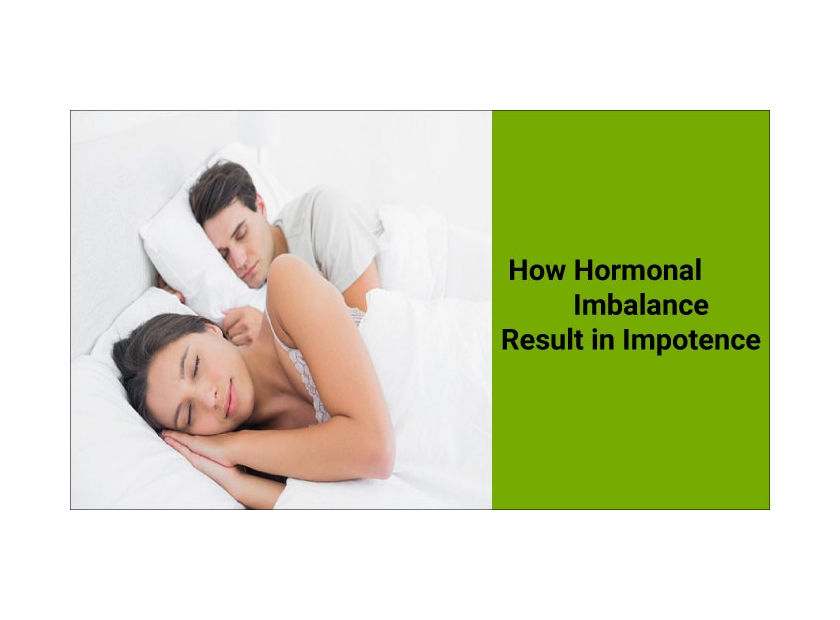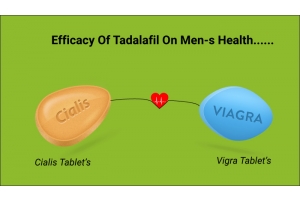How Hormonal Imbalance Result in Impotence
Hormones carry out countless body functions.
They are the signaling molecules which determine your next state— whether you are going to get angry or have a joyful time.
Basically, it signals incoming behavior or mood.
And the continuous fluctuation in the hormones bring very different feeling where the day feels gloomy; the night feels restless, etc.
When their level gets out of the designated quota, a lot of problems begin.
Erectile Dysfunction— an inability to get a firm erection good enough for sexual intercourse, is one of the problems caused by hormonal imbalance.
Human body secretes as much as 50 different hormones, and each interferes with the functioning of other hormones.
Let’s unveil some of the hormones which amplify the risk of impotence.
Calcitonin
The thyroid gland secretes Calcitonin— a hormone responsible for maintaining the level of calcium and phosphate in the blood.
Calcium and Phosphate strengthen the body’s teeth and bones, carry the nerve response throughout the body, and contract the muscles.
Although there’s no direct link between Calcitonin and Erectile Dysfunction, a study revealed that Calcitonin-rich peptide cured impotence [1].
It means that the lack of Calcitonin hormone in the body may be an underlying cause behind ED.
Calcitonin also controls the heartbeats and brings back the rhythm— meaning a healthy heart.
And a healthy heart is good for penile erection.
Thyroid
The pituitary gland secretes two thyroid hormones— T3 and T4.
They play huge roles in managing the metabolism, maintaining the heart rate, and the temperature of the body.
When the gland releases less thyroid— in the case of Hypothyroidism, the rate of metabolism gets impaired.
With the change in metabolism, the testosterone level gets affected.
As the testosterone level goes down, there’s an automatic dip in sex drive and increased risk of ED [2].
Hence, the underactive thyroid can readily be associated with the dangers of impotence.
Luteinizing
It’s a hormone produced in the anterior pituitary gland.
It stimulates the growth of testosterone in the testes.
The level of Luteinizing is measured in IU (International units) and the average range in the male body is 1.8–8.6 IU/L.
A study on 625 respondents found that the higher level of Luteinizing hormone, i.e., 8 IU or beyond have a significant risk of developing erectile dysfunction; however, samples with less Luteinizing level (lesser than 5) also had ED issues [3].
Several factors contribute to Luteinizing deficiency— a condition which manifests a lesser number of sperm cells ultimately leading to low libido and making a person prone to ED.
The factors like Hypopituitarism, Kallmann syndrome, Hypothalamic suppression, Pasqualini syndrome lead to Luteinizing hormone deficiency [4].
Prolactin
The role of Prolactin in women is highly documented; however, males also secrete this hormone.
There’s no recorded use of Prolactin in men; nevertheless, researchers calculate its level to measure sexual satisfaction.
The Pituitary gland also releases it in the brain.
There’s no absolute theory regarding the link between prolactin level and ED; however, a study on 3,000 European men revealed that high prolactin volume in the blood (hyperprolactinemia) led to low sexual desire and eventually resulting in ED [5].
In another study, it was indicated that higher prolactin level bettered the sexual behavior in the rats.
In the brain imaging test of men, it was reported that the brain responded to the erotic pictures positively by secreting the prolactin [6].
As both the studies are contrary, it’s still not confirmed which stands right.
Hormones are challenging to manage— as you never know which hormone would interfere with the secretion of another hormone.
If you want to know about the dominant hormone, search about your current mood and hormone related to it, read about its association with ED, and ensure that you do a world of good to get them back at the average level.








